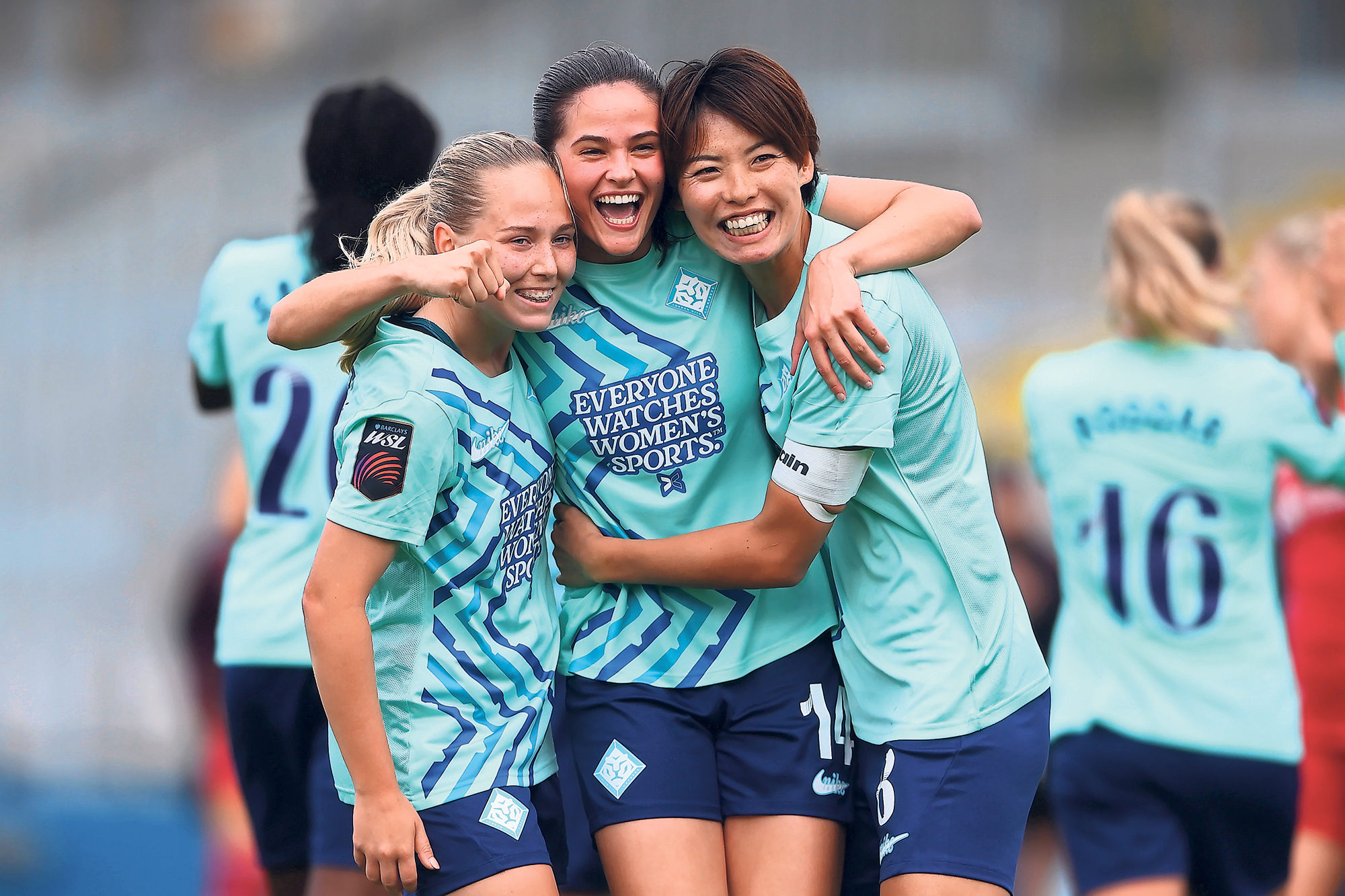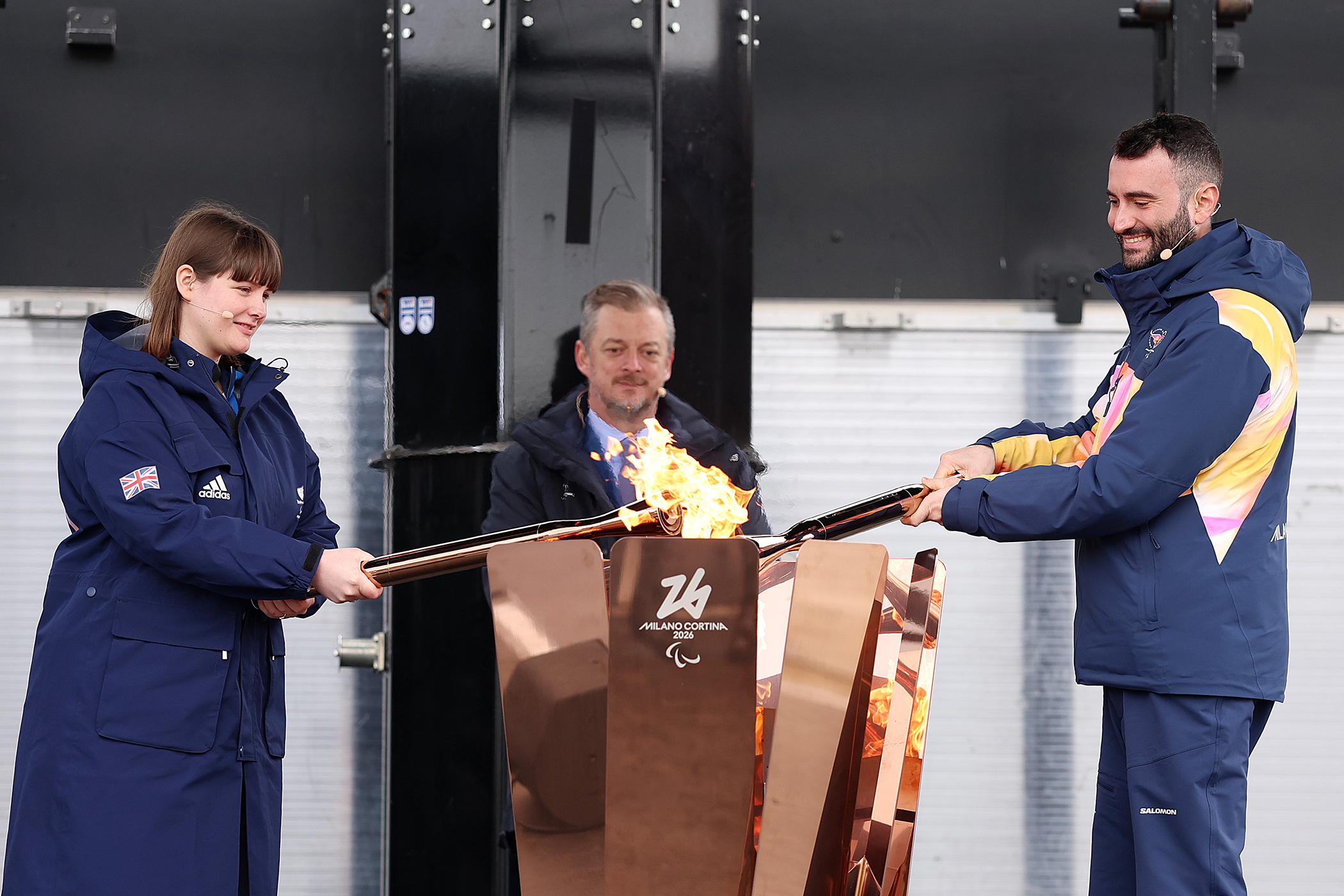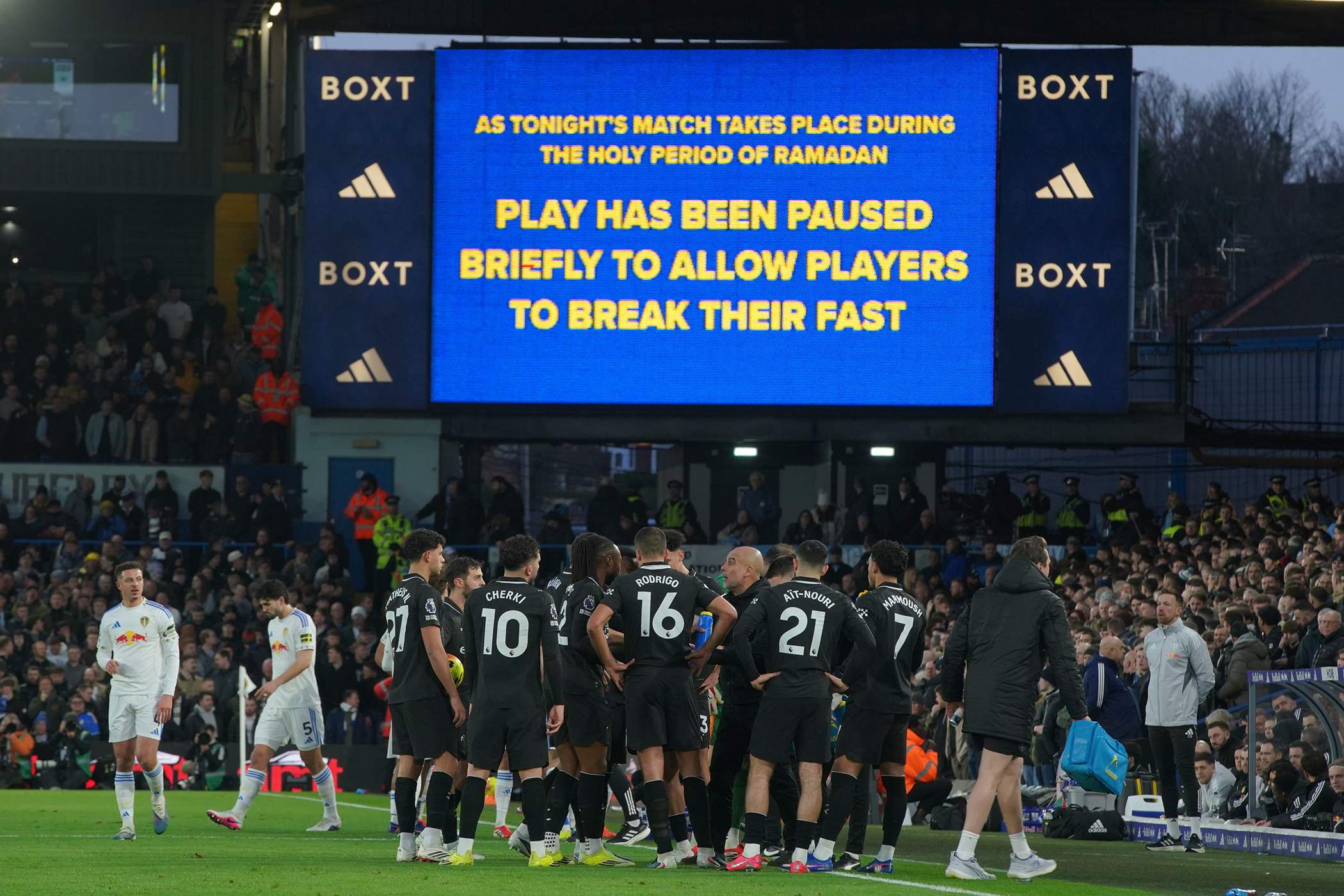Walking through a Portakabin on the edge of some cramped playing fields in the Kent commuter belt, Martin Semmens casually mentions that London City Lionesses’s ambition is to be among the top four teams in Europe within five years.
Such grand plans would seem delusional were it not for a prior conversation at the club’s Maidstone training ground with two softly spoken Spaniards – Markel Zubizarreta and Gonzalo Rodríguez García.
The pair are watching training in their capacity as sporting directors of Kynisca, the world’s first multi-club operation in women’s football set up by Michele Kang, with their presence emphasising the huge ambition of the London City project. The US businesswoman added the bankruptcy-threatened Lionesses to a portfolio headed by OL Lyonnes and Washington Spirit two years ago.
Kang pledged to invest $50m (£37m) in women’s sport through Kynisca last year, with London City one of the first beneficiaries. Promotion to the Women’s Super League was achieved in her first full campaign as owner last season, followed by a hectic summer arrival of 16 new players costing more than £2m.
The new signings included France international Grace Geyoro from Paris Saint-Germain for what was reported as a world record £1.43m fee, although the initial outlay is understood to have been less than £1m.
A less heralded arrival was Semmens as the club’s first chief executive, although in the long run it could prove just as significant. The former Southampton and Parma chief executive has been charged with building a new training ground in a project due to begin next month, as well as the more daunting task of finding a site for a new stadium in London, not to mention meeting Kang’s high expectations on the field.
Semmens is still buzzing from watching Lyonnes’s opening-round Champions League win against holders Arsenal last week, with the French side setting a standard he wants his own club to aspire to. Jocelyn Prêcheur’s side have made an impressive start to the WSL, with three wins from six matches and their only defeats coming against the Manchester clubs and Arsenal.
“I sat next to Michele at the Lyon game and she said, ‘This is what I want. I want you to go to the level where London City can compete in Europe,’” said Semmens.
“Lyon will probably be in the top four teams in Europe this year, if not higher. We know that we want to be at that level, so it’s useful for me to watch them train and play, to help understand where we are now and where we need to get to.
“It’s very hard to put dates on winning, but we want to be competitive. We want to be in that top three or four clubs in the league, and we have targets on that. We don’t think it will take more than five years.”
Newsletters
Choose the newsletters you want to receive
View more
For information about how The Observer protects your data, read our Privacy Policy
Kang’s vision is to raise standards throughout women’s football rather than just for her own clubs, although the level of London City’s spending has led to carping from elsewhere in the WSL, who have introduced a limit of £4m owner funding each season as part of new cost control rules.
Semmens gives such complaints short shrift, particularly coming from teams whose parent men’s clubs make hundreds of millions of pounds each year, with Manchester United’s 2024-25 revenue of £660m putting recent comments from manager Marc Skinner into perspective.
“I saw an interview with the United coach, who said it’s difficult for them because they can’t compete with London City,” said Semmens. “They can if they want to. They can choose to invest in the way we’re investing.
“The day Michele called me and asked me to join the project was the same day that Real Madrid paid about £10m to sign Trent Alexander-Arnold a few days early, so he could play in the Club World Cup. For context, that kind of investment would keep nearly every WSL club running for a year.”
Semmens is clear that Kang regards her financial commitments as an investment rather than philanthropy, with his role to ensure that the club become self-sufficient. Plans for a state-of-the-art training ground are already in place, but it is a new stadium in south east London that could prove a game-changer, enabling the club to move from their current home at League Two Bromley, where the capacity of 5,000 is ample at present.
“The job here is to prove the business model, that these teams can be sustainable,” said Semmens.
“Putting money in for Michele is no different to what Tottenham did recently in terms of their £100m equity injection. None of it is a charity, or a write-off.
“It’s an investment that she will see a return on when we grow. That will only happen if we raise the quality of the game, and the quality of the fan experience.”
Photograph by Harriet Lander/Getty Images


